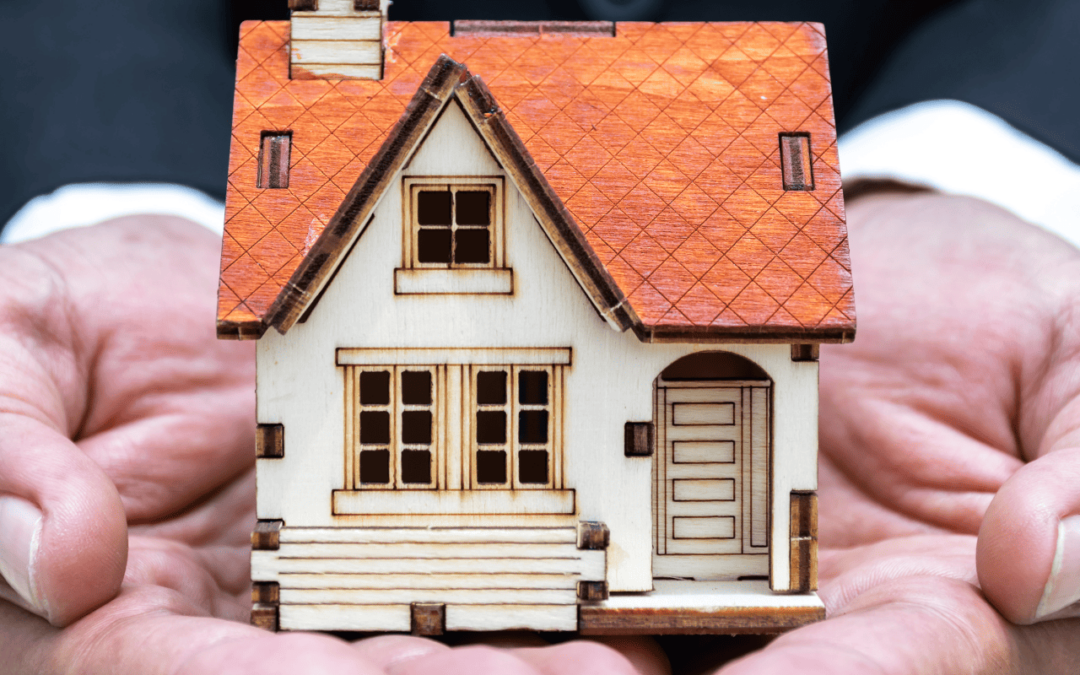Whatever the condition of your house may be, a home inspection could reveal code violations. Don’t panic. Selling a house in Denver with code violations can be surprising and a little distressing. But code violations are more common than you think.
If you’re figuring out how to sell your Denver house with code violations, read our handy guide to get started.
Understanding House Code Violations
Building codes for residential construction are developed and updated by the International Code Council (ICC), collectively known as the International Residential Code (IRC) Then municipalities can add more specific building codes, mostly for safety. For example, the National Electric Code (NEC) oversees electrical design, installation, and inspection. Homeowners associations (HOAs) can also set codes to protect property values.
The codes can change, especially as technology evolves, making it hard for the average homeowner to keep up. Each jurisdiction has its own set of codes, along with amendments and changes.
Common Code Violations
A code violation is an area that doesn’t meet requirements, resulting in violation notices — or orders of correction that explain what the code is and how to fix it. Homeowners in Denver can fix simple code violations, but major repairs require a professional. Common violations include:
Handrails without returns. It’s better if the handrails turn into the wall so sleeves and straps don’t get caught.
- Improper bathroom venting. Exhaust fans should not be vented into the attic.
- Misplaced smoke alarms. There should be smoke alarms in every room and on every floor.
- Missing or defective ground-fault circuit interrupter (GFCI). The Occupation Safety and Health Administration (OSHA) says outlets need circuit breakers to shut off electricity if there’s a ground fault.
Missing or faulty deck flashing. Deck ledger boards should have flashing between them and the house, preventing wood rot.
How to Deal with a House with Code Violations
There are basically three ways to deal with a code violation when you’re selling your house:
Fix the code violations yourself
Legal requirements, budgets, the scope of the problem, and your local housing market all factor into this. Sellers have more leverage regarding which violations they’re willing to fix in a seller’s market.
Some violations are easy to fix, like moving a mounted smoke alarm and replacing outlets. Upgrading your home’s amp service or replumbing a house can cost more because you hire someone else, but they’re generally easier to fix.
Lower the price or give the buyer a credit
If you won’t or can’t fix a home up to code, offer a price reduction or a repair credit, especially if the code violations don’t pose a health or safety risk. The majority of buyers want a free and clear title, so it’s almost necessary to reduce the price to get a buyer willing to take care of any violations.
Sell your house “as-is”
Code violations come in all shapes and sizes. It’s hard to deal with them on your own. Consult a professional for advice on your specific code violations. This will give you an idea of the best way to sell your house in Denver, whether it’s by fixing the violations or selling it as-is to a cash home buyer.
Want to Sell Your Denver House Fast?
Have you ever asked, “How do I sell my house fast in Denver, Colorado?” Blue Halo Homes, LLC can help. We have helped thousands of homeowners sell their homes fast and in any condition.
Fill out our quick form or call our office to get a cash offer for your house. Our representative could call you to schedule an appointment to come see your house after reviewing the info. Based on your house’s market value, we’ll make you a fair, all-cash offer. We’ll prepare all the paperwork and agree on a closing date, after which you’ll get paid.
Ready to get started? Call us today at (303) 457-1181.





